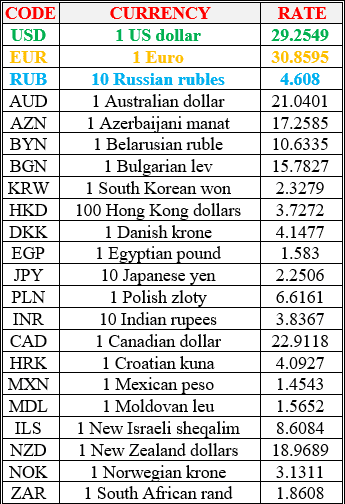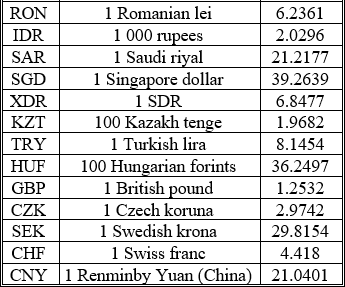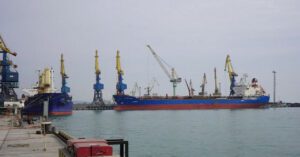
Software company TeamViewer has announced the complete cessation of its operations in Russia and Ukraine due to the Russian special operation in Ukraine.
“We have decided to completely phase out any remaining business activity in Russia and Belarus,” the company said in statement on its website.
“On top of compliance with all international sanctions and immediately having stopped new business, we also do not prolong any contracts with customers from Russia or Belarus,” the company said.
Existing subscriptions outside the scope of sanctions which are not affiliated with an unrightful usage of our products will be honored until contract-end but will not be renewed afterwards.
“Moreover, TeamViewer has blocked all unlicensed connections to and from Russia and Belarus to avoid any further usage of our software,” the company said.
TeamViewer (headquartered in Göppingen, southern Germany) is a manufacturer of software for remote access, remote management and remote maintenance of computers and other end devices.
National bank of Ukraine’s official rates as of 06/05/22


Source: National Bank of Ukraine

Countries importing agricultural products, primarily the Middle East and Africa, will not be able to do without export supplies of Ukrainian agricultural products, since it is physically impossible to replace its volumes with supplies from the aggressor country of the Russian Federation or from any other, this was stated by First Deputy Minister of Agrarian Policy and Food Taras Vysotsky on the air of Ukraine 24 TV channel on Friday.
“We supplied 10% of world wheat exports, more than 15-20% of barley, more than 50% of sunflower oil. On average, 50 million tonnes of agricultural products were exported from Ukraine. In record years, this figure even reached 65 million tonnes. Today there is no way to find an alternative to such volumes and replace our products. It is physically impossible to do this even in the next three to five years,” the deputy minister emphasized.
According to him, the blockade by Russian warships of key Ukrainian seaports in Odesa and Mykolaiv and the mined areas of the Black Sea led to a drop in exports of agricultural products from Ukraine to 15-20% of pre-war figures. Also, this has already led to its significant rise in price and its physical shortage around the world, especially in the countries of the Middle East and North Africa.
“If the situation with the war and the blocking of ports continues, for example, up to six months, the countries of these regions will, in principle, have no grain. And this means famine,” Vysotsky stated.
According to him, the Ukrainian government is working to expand the physical export of agricultural products through alternative logistics routes, which allowed it to quadruple its exports in April compared to March 2022.
“This is still not enough, but there is significant progress. And we see in May that there is still an opportunity to increase export performance. Therefore, there are two strategies here: first of all, our victory and unblocking the ports, and the second is the expansion of these alternative ways of marketing products,” he said.

Today, the Ministry of Infrastructure of Ukraine estimates the losses of port infrastructure from the war with the Russian Federation at tens of billions of hryvnias, but the exact figure will be given only after gaining access to all infrastructure, which is currently located in the temporarily occupied territory.
“The most damaged infrastructure in the Mariupol seaport, there is also damaged infrastructure in the Berdyansk seaport, in the Olvia port, there is some damage in the Chernomorsk seaport, the Nikolaev seaport. But we cannot say exactly the number of damage in ports we do not control, as it is necessary to gain access to this infrastructure. However, today we understand that we are talking about tens of billions of hryvnias, but we will be able to fix the exact figure when we get access to this infrastructure,” Deputy Infrastructure Minister Yuriy said. Vaskov during a briefing at the Ukrainian Media Center on Friday.
He noted that today the seaports of Mariupol, Berdyansk, Skadovsk and Kherson, which are located in the temporarily occupied territory, are closed.
“As for the ports of Pivdenny, Nikolaev, Odessa, Chornomorsk and Belgorod-Dnestrovsk, shipping from these ports is impossible from February 24, so they work exclusively with cargo and fleet, which, as of February 24, February was already under processing. This is 20% activity compared to peacetime,” the deputy minister said.
According to him, the Danube ports (Ust-Danubsky, Izmail and Reni) operate in the usual mode.